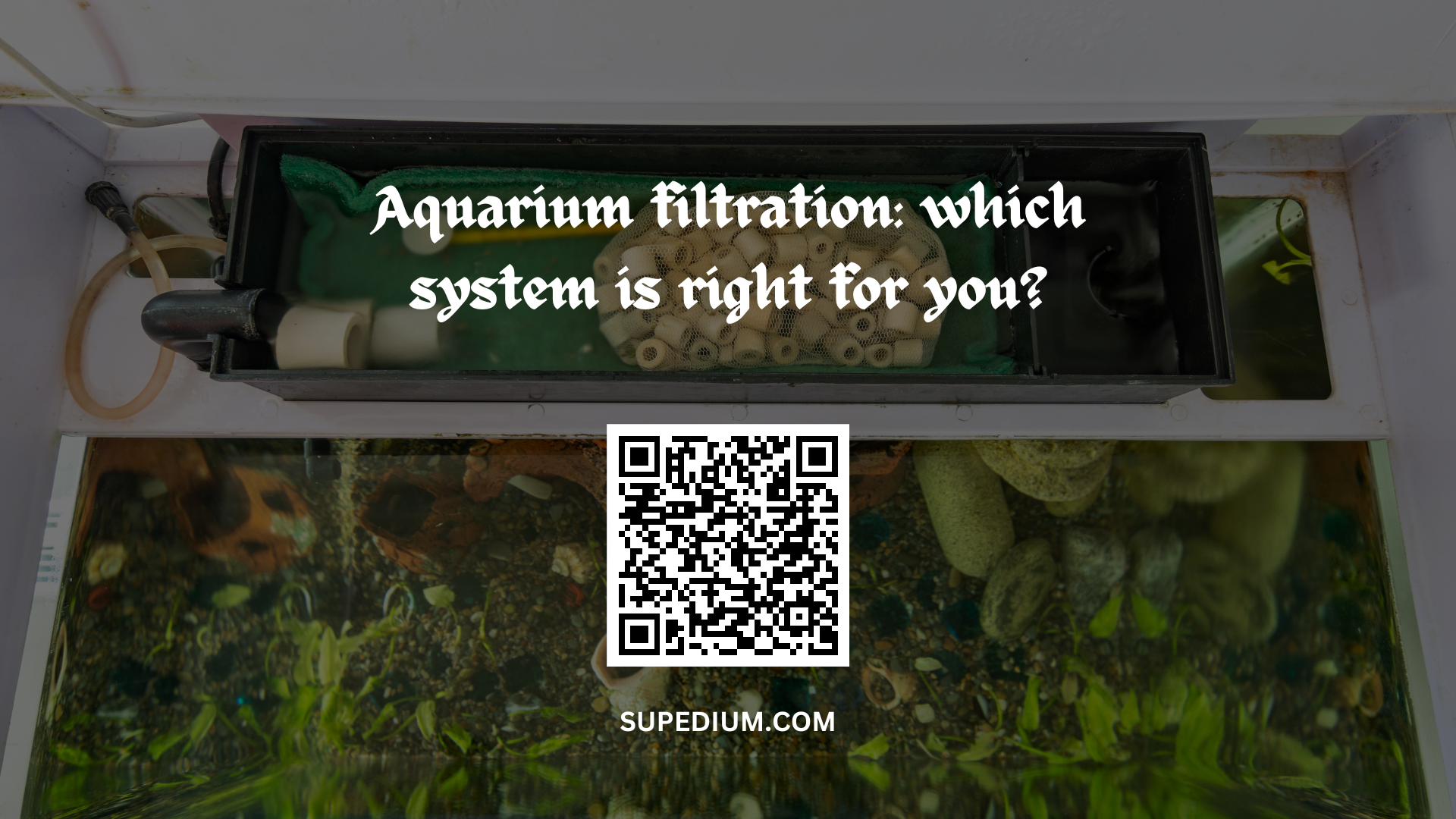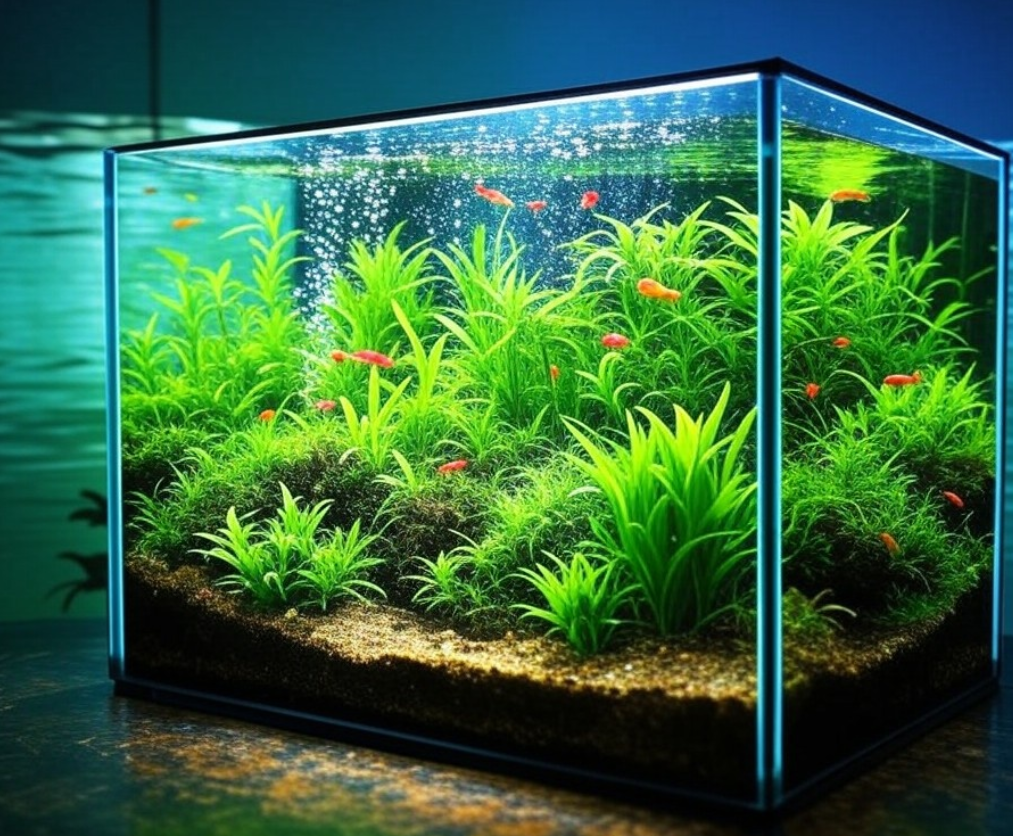Table of Contents
![]()
Filtration is an essential part of any aquarium arrangement you create. It contributes to the upkeep of the water quality and helps to guarantee that your fish and other aquatic life continue to thrive. Nevertheless, since there are so many distinct kinds of filtration systems on the market, choosing which one is ideal for your needs may take time and effort. In this article, we will go over the many kinds of aquarium filtration systems and the considerations that must be made to choose the most appropriate one for your fish tank.
Filtering via Mechanical Means
The most basic and prevalent method of aquarium filtration is known as the mechanical filtration system. This method removes dirt and other particles in the water from the solution using a filter pad or sponge. This kind of filtration efficiently eliminates big particles such as excrement from fish, plant debris, and food consumed but not wholly digested. On the other hand, it is less efficient than other methods in removing dissolved chemicals and other impurities.
Biological Filtration
Biological filtration is an essential part of every aquarium’s water purification system. Beneficial bacteria are used in this process, which converts hazardous ammonia and nitrite into a substance called nitrate, which is less dangerous. This filtration is necessary to keep an aquarium’s ecology balanced, healthy, and functioning. Using a biological filter or including live plants in an aquarium may contribute to the aquarium’s level of biological filtration.
Chemical Filtration
The removal of dissolved compounds and contaminants from water is accomplished by chemical filtration, which uses specialized filter media such as activated carbon or resins. In addition to eliminating smells and discoloration, this kind of filtering is also excellent at removing some toxic substances. On the other hand, it could be more efficient at removing all types of pollutants, and its maintenance may be rather expensive.
Things to Take Into Account
When deciding on a filtration system for an aquarium, there are various aspects to consider. The size of your aquarium, the kinds of aquatic life you keep in it, and your individual tastes are some of these factors.
Aquarium Size
When selecting a filtration system for your aquarium, the size of your tank is an essential component to consider. You will need a more robust filtration system to keep the water quality consistent in a giant aquarium. In general, it is advised that you purchase a filtration system rated for at least double the aquarium’s capacity. This will ensure that your aquarium has enough filtration at all times.
Aquatic Life
The kind of aquatic life that is already residing in your aquarium will also have an effect on the sort of filtration system that is required. Certain types of fish and other aquatic life create more waste than others, which may need a more robust filtration system to preserve the purity of the water. In addition, some species could be more sensitive to changes in the water quality than others, meaning they need more frequent or specialized filtration.
Preferences of the Individual
The filtration system you choose may also be influenced by factors such as your tastes and degree of expertise. The ease of use and low level of upkeep required by a mechanical filter appeal to some hobbyists. The efficiency and adaptability offered by a combination filter appeal more to other enthusiasts. It is essential to choose a system that you can easily maintain that satisfies the requirements of both the aquatic life in your aquarium and the inhabitants of the aquarium.
Conclusion
In conclusion, selecting the appropriate aquarium filtration system is vital for preserving the health and well-being of your aquatic life and maintaining the water quality in your aquarium. The mechanical, biological, and chemical filtration systems each have their own advantages and disadvantages; the filtration system most suitable for your needs will rely on several different aspects. You may pick a filtration system for your aquarium that is efficient, simple to operate, and satisfies your aquarium’s requirements if you consider the dimensions of your tank and the kinds of aquatic life you keep in it, and your own individual tastes.
Test Your Understanding ✍️






Be the first to comment